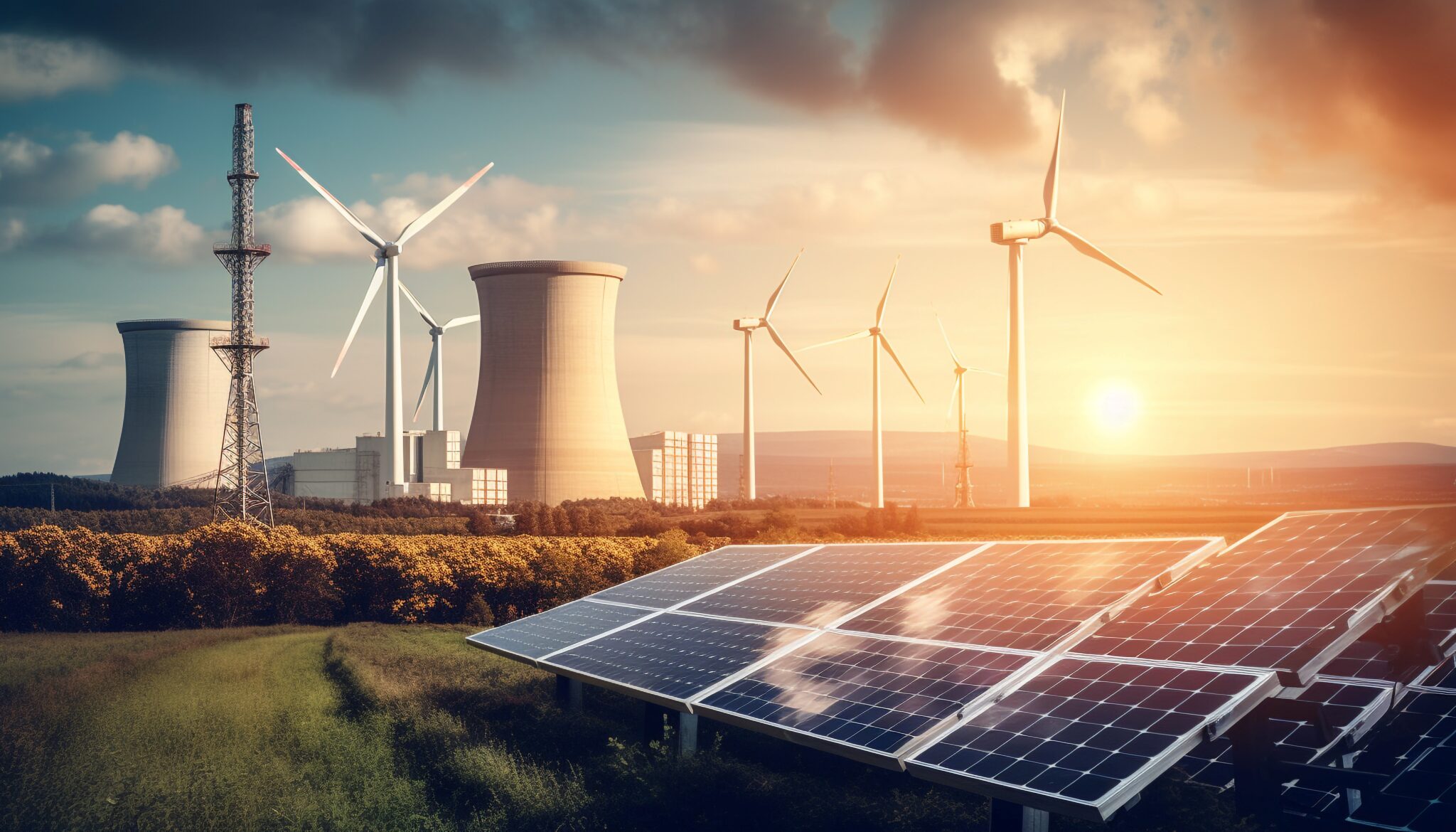“The current government has signed agreements and committed to building a nuclear power plant in Poland and we will have to re-examine all the documents. At this stage, the only source of information that the opposition has on the financing model and project contracts are media reports,” says Paulina Hennig-Kloska, deputy head of Poland 2050 in an interview with BiznesAlert.pl.
BiznesAlert.pl: How does the Third Way look at the plans of the current government regarding the development of large NPPs and the planned SMRs? Will you continue these plans?
Paulina Henning-Kloska: From the beginning, in our program, we said that nuclear power should be the stabilizer of the future energy system, which should primarily be based on wind and solar energy. SMR and MMR solutions and big NPPs are worth considering, but the Third Way is leaning more towards small reactors.
We know that so far the current government has signed agreements and committed to building a nuclear power plant in Poland and we will have to re-examine all the documents. So far, the only source of information available to the opposition on the financing model and project contracts are media reports.
At the meeting of the Committee on Energy, Climate and State Assets, we repeatedly asked the Climate ministry to provide more detailed information on the construction of the power plant in Pomerania, but there was no will to build a political consensus in Poland about this investment and share information with us.
How does the Third Way perceive the project of establishing the National Energy Security Agency?
The NABE project accumulates all the biggest problems of the Polish energy sector in one place. Coal-fired power plants will be an increasing problem in the future, and the cost of producing energy from coal will increase. Separating coal from energy companies is a good idea, but the way the current government is trying to do it will create a monopoly, there is no need.
All coal units are a burden for Polish energy companies, because investors do not want to finance new projects at companies that generate electricity from coal. Companies can allocate coal assets to separate entities, this will allow them to accelerate with investments in renewables, but there is no need to combine them into one agency.
The current government has concluded a social contract with mining communities, which provides that mines will be open till 2049. Would you like to negotiate with the miners to change the date?
First, we need an alternative to coal. Poland has far too much backlog in the development of RES, as the initial construction of onshore wind farms was blocked, and then the development of PVs was slowed down.
We need to accelerate investment projects based on renewable energy sources, starting from scratch, that is, the expansion and modernization of low-and medium-voltage networks, the release of direct lines and the implementation of the idea of joint connections.
On top of that, we need to change the law on the development of onshore wind and improve the rules for the development of PV, streamline the grid and remove obstacles that make it impossible to add new solar panels or utilize all the power that is produced on sunny days.
Unlocking the potential of clean energy will give us the answer when we can move away from coal. Poland 2050 has declared that in 2040 at the latest we will completely move away from coal and in 2050 we will achieve full climate neutrality.
Will the Third Way want to liberalize the onshore wind bill and reduce the distance of onshore wind farms from buildings from the current 700 m?
We have a different approach to this. Poland 2050 presented its own legislative initiative in this area, less anachronistic. Our law provides for the onshore wind turbine development system based on ISO noise standards. There are different turbines that generate different noise levels so specifying one unit in meters is not appropriate. We want to ensure that when it comes to wind turbines, the key factor determining the distance is the level of noise generated, the one that reaches our homes should not be louder than, e.g., a refrigerator standing in the home kitchen. We will urge our allies to accept this solution.
Interview by Jacek Perzyński

 PL
PL EN
EN






